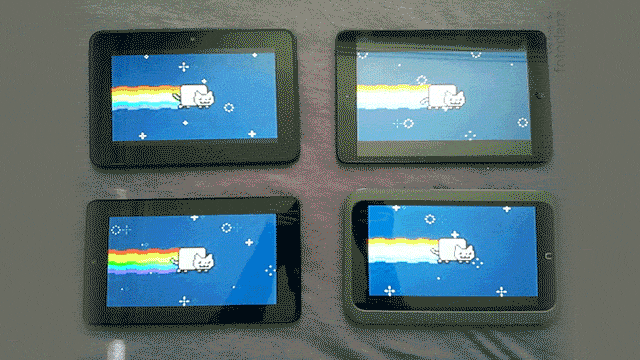I was shocked at what I had just done, so I laughed out loud. I was there, in a house in the Swiss mountains, lying comfortably on a sofa. I was reading Canetti’s Crowds and Power, a solid 400-page book. And then, as my eyes were approaching the end of yet another page, I swiped upwards.
My index finger, quite naturally, swiped upwards on the paper, in an attempt to move the lines I was reading more towards the middle of the page.
It took me a second or so to realise what I had done, but when I did, I was flabbergasted. Since I wasn’t alone in the room, I felt caught, caught at doing the silliest of things. But even more so, I felt caught at doing something that identifies me as a slave to digital devices.
Sure enough, we all know the stories and have seen the videos of small children trying to swipe through a print magazine or touching a plain old TV screen, expecting some response. But hey, I’m 30 years old, I grew up in a paper world. I’ve read thousands of newspapers, academic papers, magazines and books on paper. It’s not that I had learnt a different way to interact with text that I’m now trying to apply to a weird thing called book.
Yet I swiped a book.
I blame it on the iPad. It was the iPad that made me read a lot more digitally, especially longer texts. And it was the iPad that brought digital texts in environments that used to be the domain of physical ones: reading in bed, reading in the train, reading on… a sofa.
Two years, that’s how long I’ve been using an iPad — compared to almost 30 years of using books. Add, for what it’s worth, two more years of iPhone usage, and consider the trackpad of Apple’s more recent notebooks a reinforcement to swiping and scrolling as the main way to interact with text. Still, a couple of years versus three decades. It’s hard not to read significance into that single gesture, applied to the wrong medium.
Apparently, Apple has introduced us to a way to interact with text that feels so natural that it even replaced long learned and internalised ways where it shouldn’t.
This directly relates to something I’ve noticed earlier: I find it increasingly uncomfortable to move my eyes from the top of a page to the bottom as I read along. I prefer to keep my focus at roughly the same spot and to move the text rather my eyes. This, of course, is done by swiping upwards.
So there you go: I swiped a book, because the reading experience it offers no longer is my preferred one. Even now, as I’m writing this down, my mind is spinning. What story is this just a small episode of?
David Bauer is a journalist and digital strategist for TagesWoche in Switzerland and likes to recommend great stuff in his Weekly Filet newsletter. Follow @davidbauer on Twitter. This post originally appeared on Medium.
